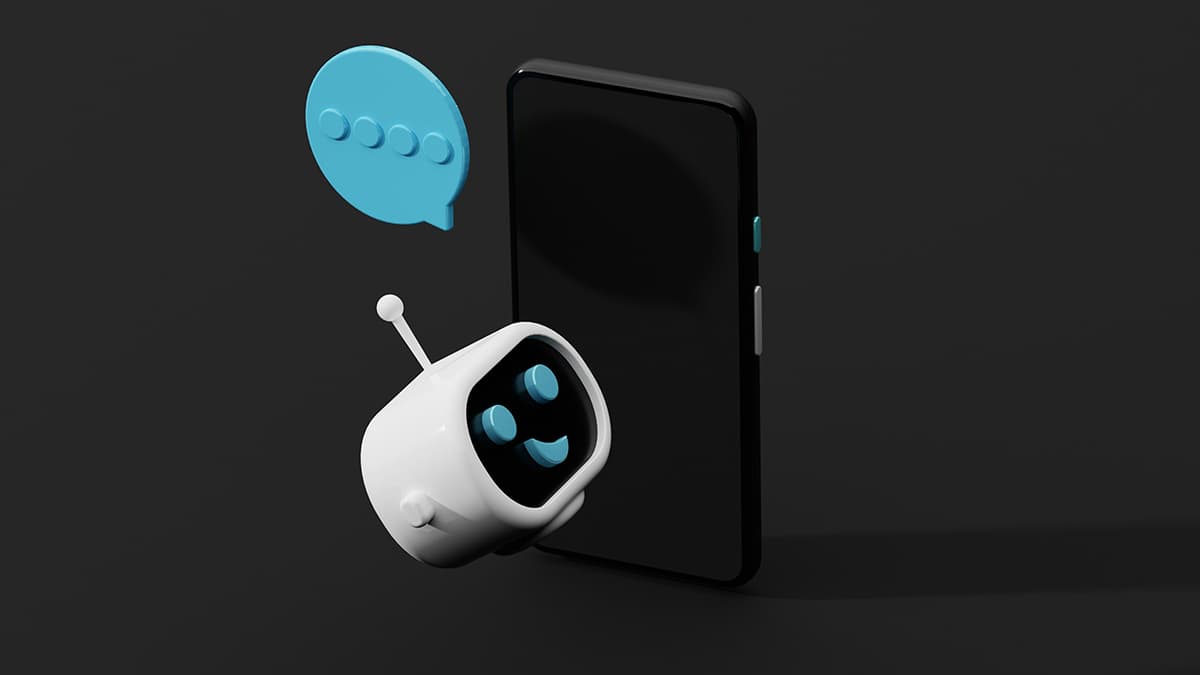Acing Your Node.js Interview: A Real Talk Guide
Getting ready for a Node.js interview can feel like a big task. As someone who has been on both sides of the interview table, I'll share what really matters and what you need to focus on. Let's cut through the noise and get to what counts.
The Basics You Must Know
JavaScript is the foundation of Node.js, so you need to be solid with JS concepts. Callbacks, promises, and async/await are not just buzzwords - they're the building blocks you'll use daily. When I interview candidates, I notice many struggle with explaining closures and the event loop. These are critical concepts that come up in almost every Node.js interview.
Common Technical Questions
Interviewers love asking about differences between Node.js and browsers. Here's what you should focus on: Node.js runs on servers, has access to the file system, and uses CommonJS (require) by default, while browsers use ES modules (import/export). They'll also ask about event-driven programming and non-blocking I/O.
Stream handling in Node.js often comes up in interviews. You should know about readable, writable, and transform streams. Real-world examples like reading large files or handling file uploads make great talking points.
Performance and Error Handling
One topic that consistently appears is how to handle errors in Node.js. Know the differences between operational errors and programmer errors. Talk about try/catch blocks, error-first callbacks, and promise rejection handling.
When discussing performance, focus on:
- Clustering to use multiple CPU cores
- Memory leaks and how to prevent them
- Proper use of async operations
- Caching strategies
Real-world Experience Matters
Share your hands-on experience with npm packages. Which ones have you used? Why did you choose them? Be ready to discuss express.js, as it's the most popular web framework for Node.js. Talk about middleware, routing, and request handling.
Authentication and security questions are common. Know about JWT tokens, session management, and common security threats. The helmet package is worth mentioning as it's widely used for security headers.
Some Code Examples Worth Knowing
Javascript
Javascript
The Soft Skills Part
Technical skills matter, but communication is key. Be ready to explain complex concepts in simple terms. When asked about past projects, focus on challenges you faced and how you solved them. Talk about working with teams and how you handle code reviews.
Practice coding on a whiteboard or in a simple text editor. Many interviews won't let you use your usual IDE. Solve common problems like API development, file operations, and database connections without relying on auto-completion.
Stay up to date with the latest Node.js versions and features. Practice explaining technical concepts to non-technical people - it shows you truly understand the topic.
Don't just memorize answers. Build small projects, contribute to open source if you can, and get hands-on experience. Nothing beats practical knowledge when you're in that interview room.












